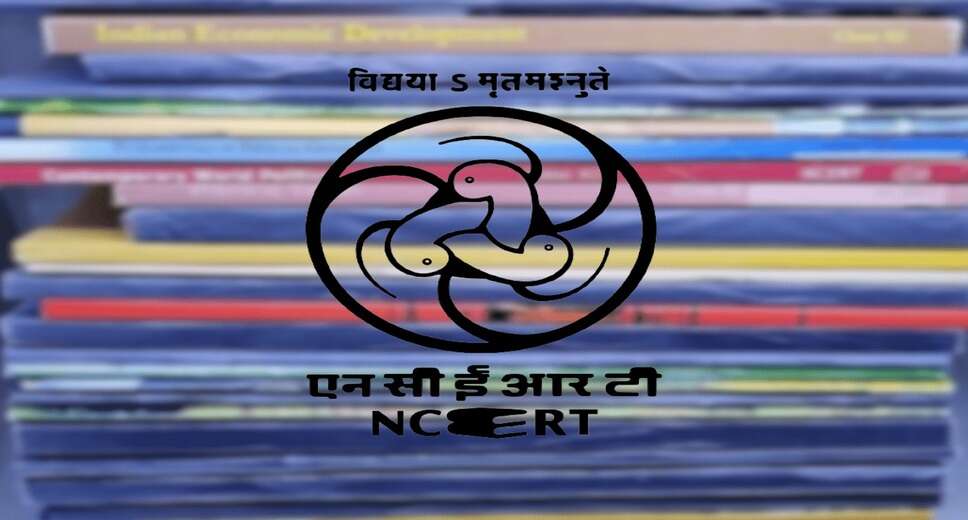NCERT Elevates with 'Deemed to be University' Status: Degree-Granting Authority Explained

The National Council for Educational Research and Training (NCERT) has reached a significant milestone in its journey towards educational excellence. On the occasion of its 63rd foundation day, Union Education Minister Dharmendra Pradhan made a groundbreaking announcement – the NCERT has been granted the status of a 'deemed to be university.' This transformative change opens doors to a host of possibilities in the field of education. In this blog post, we will explore the implications of this development and understand how it will reshape the educational landscape in India.

The Journey to 'Deemed to be University' Status
Last year, the NCERT took a decisive step by approaching the Ministry and the University Grants Commission (UGC) to seek recognition as a central university. This move aimed to enable the NCERT to award degrees independently and enjoy greater autonomy over its academic programs. The vision was to break free from the limitations imposed by affiliations with local universities and to forge ahead as an academic powerhouse.
Embracing Autonomy and Offering Degrees
With the 'deemed to be university' status, the NCERT now possesses the authority to confer its own undergraduate, postgraduate, and doctoral degrees. Previously, it provided graduate and postgraduate programs through the Regional Institute of Education (REI) at seven regional centers, in collaboration with local universities. However, these centers were constrained by the need for approvals from affiliated universities to introduce new courses. This status change empowers the NCERT to chart its academic course, determine course structures, set fees, appoint faculty, and conduct examinations independently.

Unlocking International Collaborations
As a research university, the NCERT can now initiate academic collaborations with prestigious national and international universities globally. This opens doors for cross-cultural and cross-border knowledge exchange, research partnerships, and the enhancement of educational standards.
The NCERT's Role in Shaping Indian Education
The NCERT stands as a formidable think-tank in the Indian school education system. It plays a pivotal role in developing textbooks for school education and is entrusted with implementing the National Education Policy (NEP) 2020. The council actively engages in educational research, innovation, curriculum development, teacher training, and the creation of teaching-learning materials and pedagogical tools.
Future Prospects and Title Evolution
While the 'deemed to be' nomenclature has been a topic of debate in the academic community, Education Minister Dharmendra Pradhan has assured that the Higher Education Commission of India (HECI) Bill, once introduced and passed, will automatically modify the titles of such institutions. This indicates that a more straightforward 'university' title might be on the horizon. The NCERT's pursuit of 'deemed to be university' status was not arbitrary; it was a well-considered move. In a meeting held on September 12 last year, the NCERT's executive committee, led by Education Minister Pradhan, made the pivotal decision to approach the UGC. This decision was essential, considering the NCERT's role in teacher training and its increased responsibilities under the NEP, necessitating more autonomy in academic decision-making.
The 'Deemed to Be University' Title Explained
The NCERT secured the 'deemed to be university' status in the 'de-novo' category. According to UGC regulations, institutions specializing in unique and emerging fields of knowledge are granted 'deemed university' status under this category. In September last year, the NCERT formally applied to the UGC for 'deemed university' status under the 'de-novo' category.
The NCERT's transition to a 'deemed to be university' marks a significant stride towards the advancement of education in India. With newfound autonomy, the council is poised to shape the future of education, foster global collaborations, and contribute significantly to the implementation of the NEP 2020. As we await the forthcoming HECI Bill, this change signifies a bright future for educational institutions seeking to redefine their roles and impact in the world of learning. The NCERT's journey has only just begun, and the possibilities are boundless.
